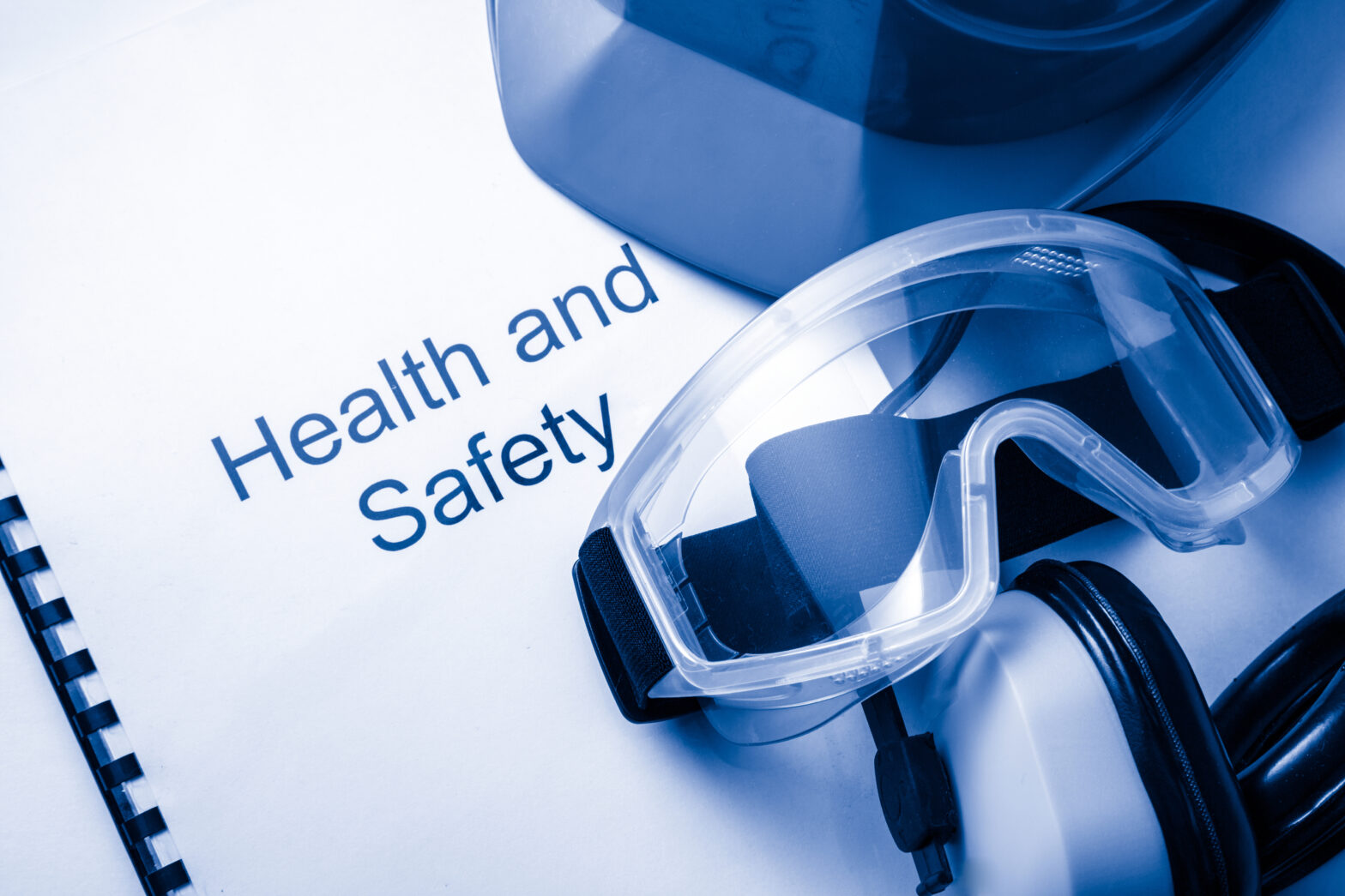Health and safety is a critical component of any fledgling business, and should be treated with the upmost seriousness if SMEs wish to retain their legality. Sadly, drawing up health and safety policy documents and carrying out risk assessments are not the most exciting of tasks, particularly for enterprises in the thick of trying to drive business forward with minimal distractions and complications.
But like so much in life, the most boring of tasks are often the most important, and so every business needs to implement the appropriate health and safety measures which align with the scale of their workforce and requirements.
Given the logistics however, this is often easier said than done. The HSE implements innumerable pieces of legislation to protect businesses and their workers from accidents and incidents in the workplace, which is of course a good thing. But for SMEs approaching health and safety for the first time, the topic does have its pitfalls and complications.
Related: Health and safety checklist for small businesses: 9 things you need to do
The easiest way for small businesses to keep abreast of health and safety is to invest in vocational training in the field, which will subsequently lead to them gaining a qualification. The question is: which qualifications offer the most value for small business owners looking for an essential understanding of workplace safety practices?
Short introductory courses
For SMEs with limited prior knowledge of health and safety legislation and codes of practice, the best place to start is with a short introductory course. RoSPA (The Royal Society for the Prevention of Accidents) recommends the NEBOSH Health and Safety at Work Qualification, which, as the name suggests, gives a basic introduction to health and safety practices. This course is great for those operating in a non-hazardous workplace, but may be limited in terms of what it can offer those whose health and safety requirements are greater.
Intermediate courses
If the needs of your business require a more advanced knowledge of health and safety practices, you may need to attain a higher qualification, which can be achieved through an intermediate learning course. Health and safety training experts, My Training Academy, recommend the CIEH (Chartered Institute of Environmental Health) Level 2 Award Principles in Risk Assessment for individuals in a managerial role, given the knowledge of risk assessments it affords. Risk assessments form an integral part of a business’ health and safety policy, safeguarding all employees from potential accidents.
Advanced courses
Personnel seeking an advanced knowledge of the everyday demands of health and safety in the workplace may wish to attain the NEBOSH Diploma. Recognised as the highest health and safety qualification currently available in the UK, this qualification is considered the benchmark in health and safety knowledge for business leaders and industry experts; perfect for those operating within a hazardous working environment.
Of course, investing in health and safety training yourself can all be avoided by recruiting a health and safety specialist in-house, or else outsourcing the tasks to a third party. Should you choose to recruit a health and safety specialist to operate internally, the above health and safety qualifications should be the minimum expected requirement for all candidates, so be sure to check CVs carefully before selecting applicants for the interview stage.
By investing in health and safety training for yourself or a colleague, or else acquiring new staff to cope with on the spot safety demands, SMEs will be well placed to attain full health and safety compliance.





